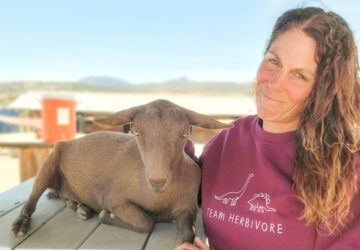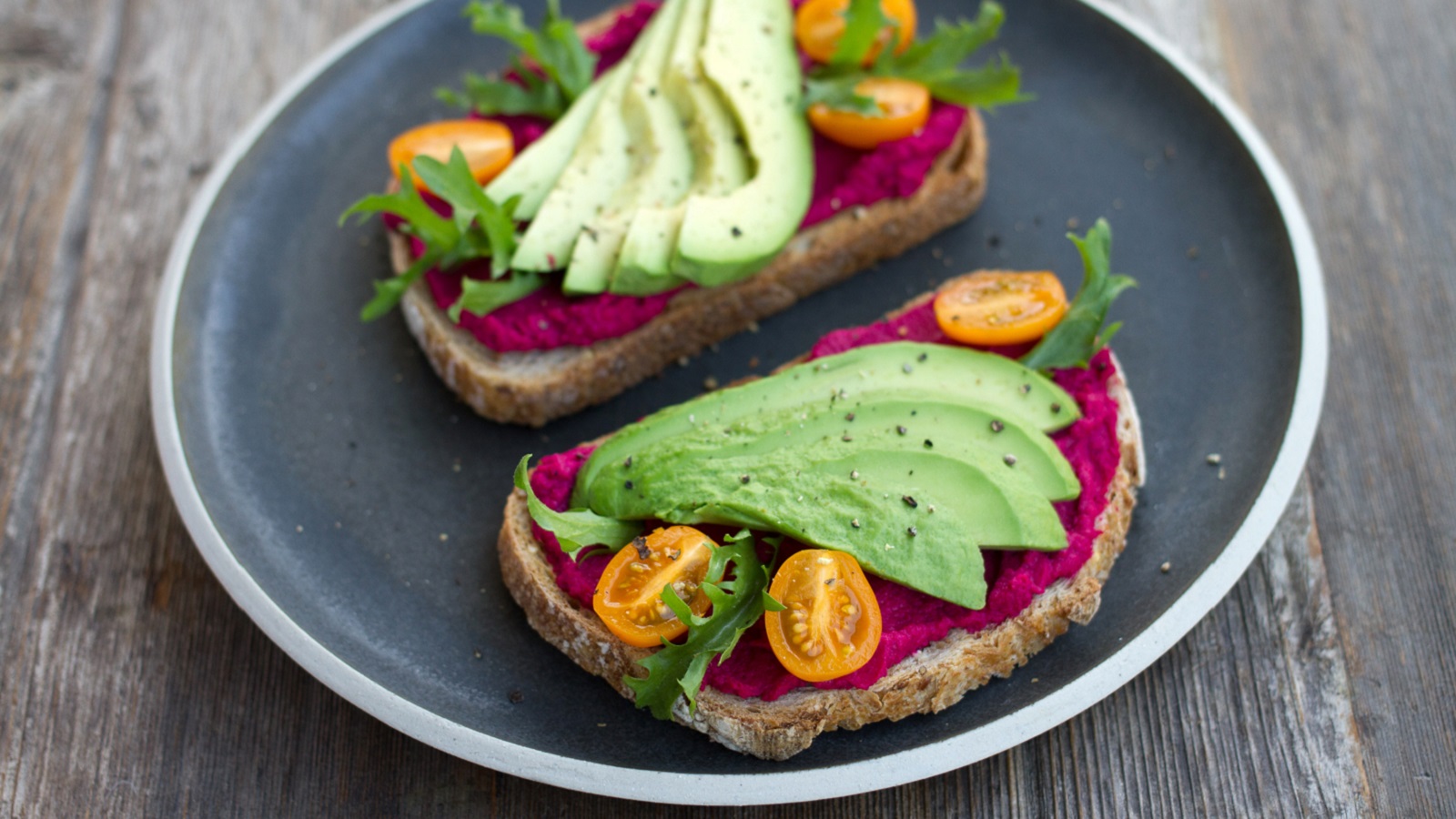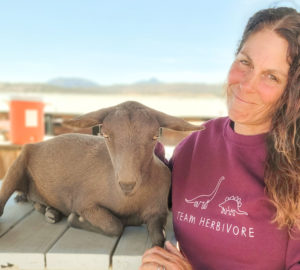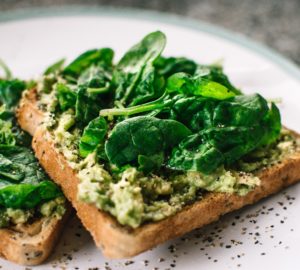3 reasons it’s wrong to say avocados and almonds are not vegan
Have you heard the latest “news” that’s been circulating social networks?
Some people are questioning whether avocados and almonds are vegan (which makes us want to weep a little).
The debate was sparked by the BBC comedy show, QI, during which the host claimed that avocados and almonds couldn’t be eaten by “strict vegans.”
Despite the alarming media headlines that are making the rounds, let’s set this straight.
Avocados and almonds are vegan. Read on to find out why.
First – why would anyone claim they’re not vegan?
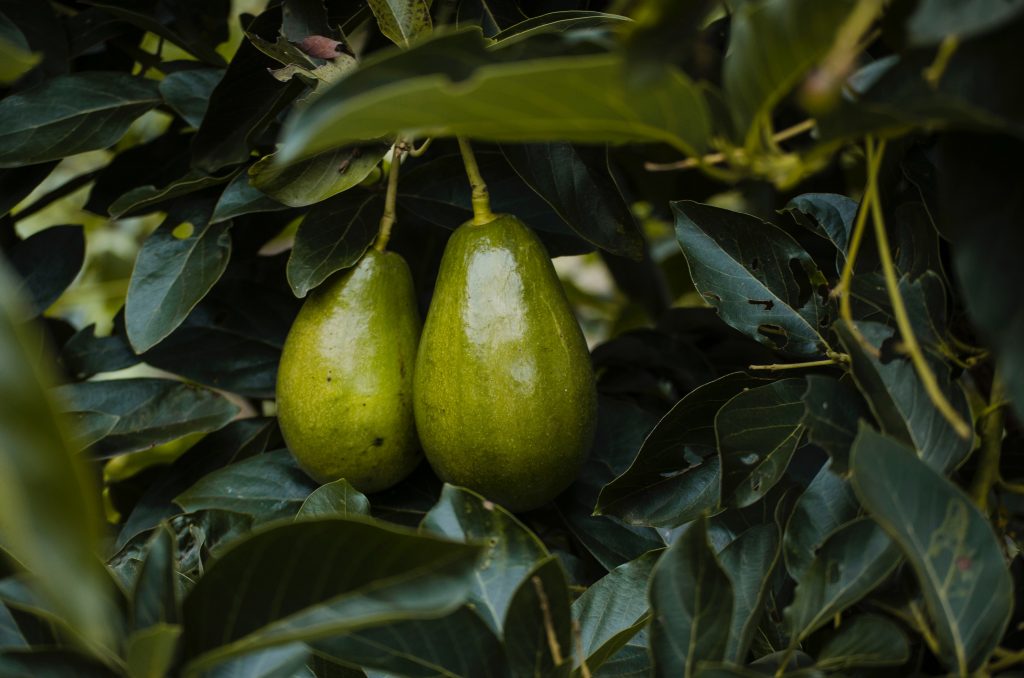
Because almonds and avocados are difficult to cultivate naturally in large quantities, their cultivation relies on commercial beekeeping (i.e., bees are used to pollinate crops). Commercial beekeeping could be considered an unnatural use of animals, which would, some argue, make almonds and avocados not vegan.
However, here are three important reasons why avocados and almonds should be part of a plant-based diet, which the debate fails to address.
1. They are vegan, according to the definition of veganism
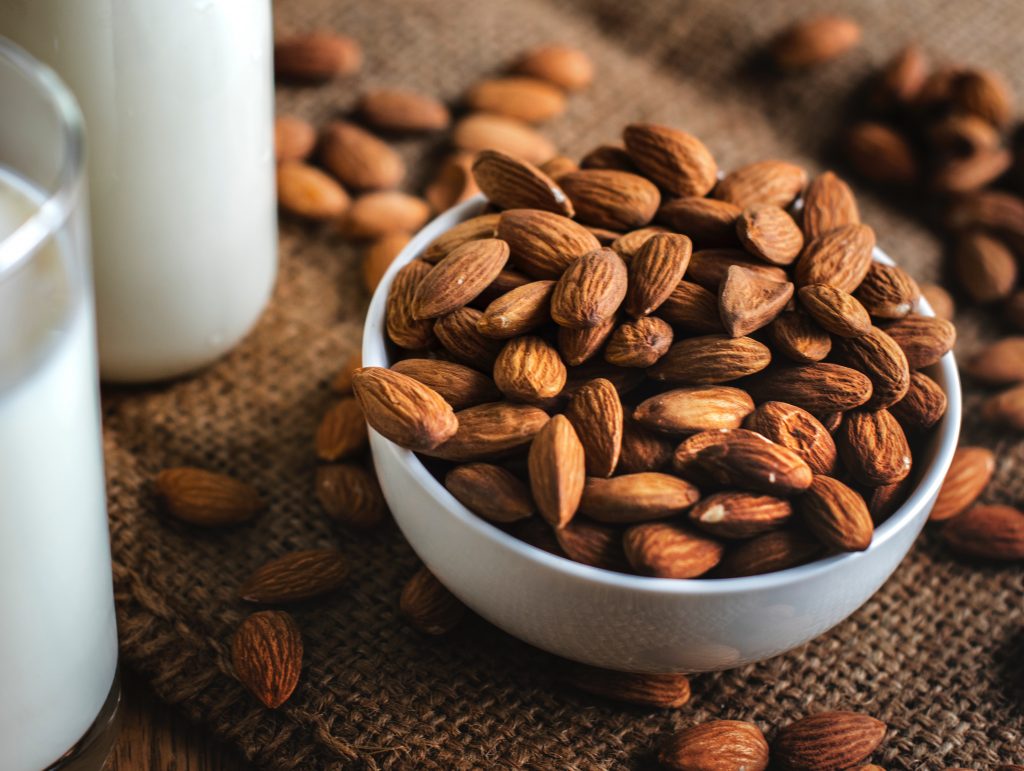
The Vegan Society defines veganism as:
“a way of living which seeks to exclude, as far as is possible and practicable, all forms of exploitation of, and cruelty to, animals for food, clothing or any other purpose.”
The definition acknowledges is that – while veganism aims to exclude animal use, cruelty and exploitation – it is practically impossible to live in a world where we are completely independent of animals. As much as we’d like to eliminate all animal use in the world, we have to acknowledge that some animals may be indirectly impacted by the farming practices of modern society.
Due to overpopulation and modern lifestyles, our food system relies on large-scale production and farms that utilize bees to pollinate the crops. Therefore, veganism is rather about doing one’s very best not to cause harm to animals – and vegans are making a massive contribution to reducing animal suffering and death.
2. If we use the same logic – then the majority of crops are “not vegan”
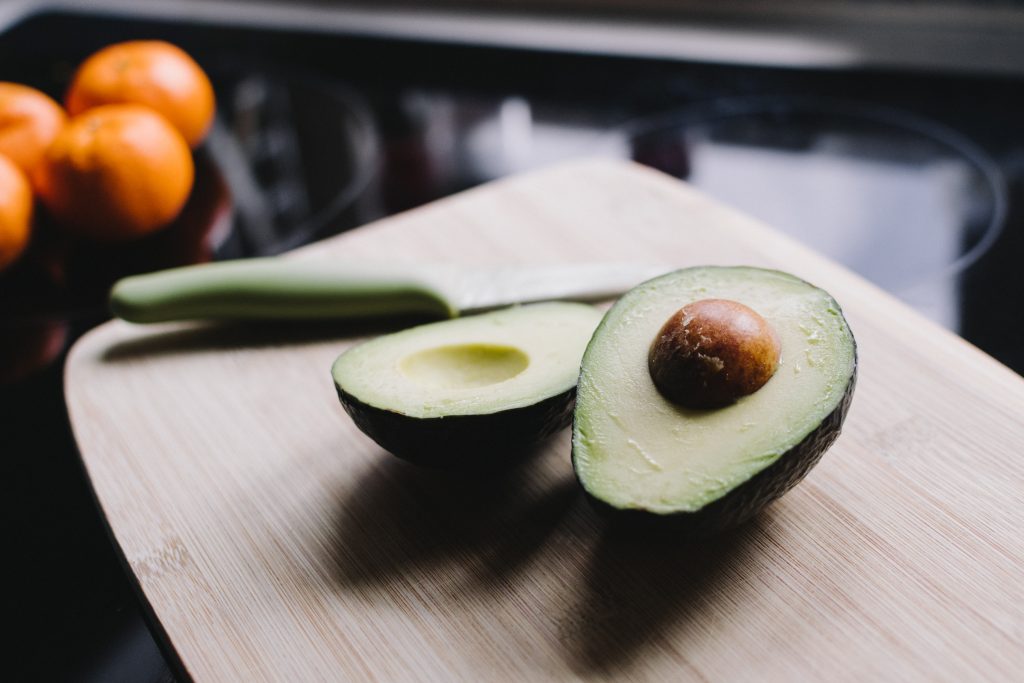
It isn’t just almonds and avocados that rely on bee-keeping. Honey bees pollinate more than 80 percent of all pollination of cultivated crops, which is over a hundred different kinds of crops, including:
- Tomatoes
- Beans
- Carrots
- Broccoli
- Apples
- Melons
- Coffee
- Chestnuts
- Coconuts
- And other vegetables, fruits, and grains that are part of our everyday diet
So, if we apply the same logic, then a vegan diet would be limited to only a handful of food sources, which would be both dangerous and impracticable.
Veganism is about eliminating harm caused to animals as much as possible – but a line has to be drawn somewhere.
3. By eating avocados and other plants, you save many animals’ lives
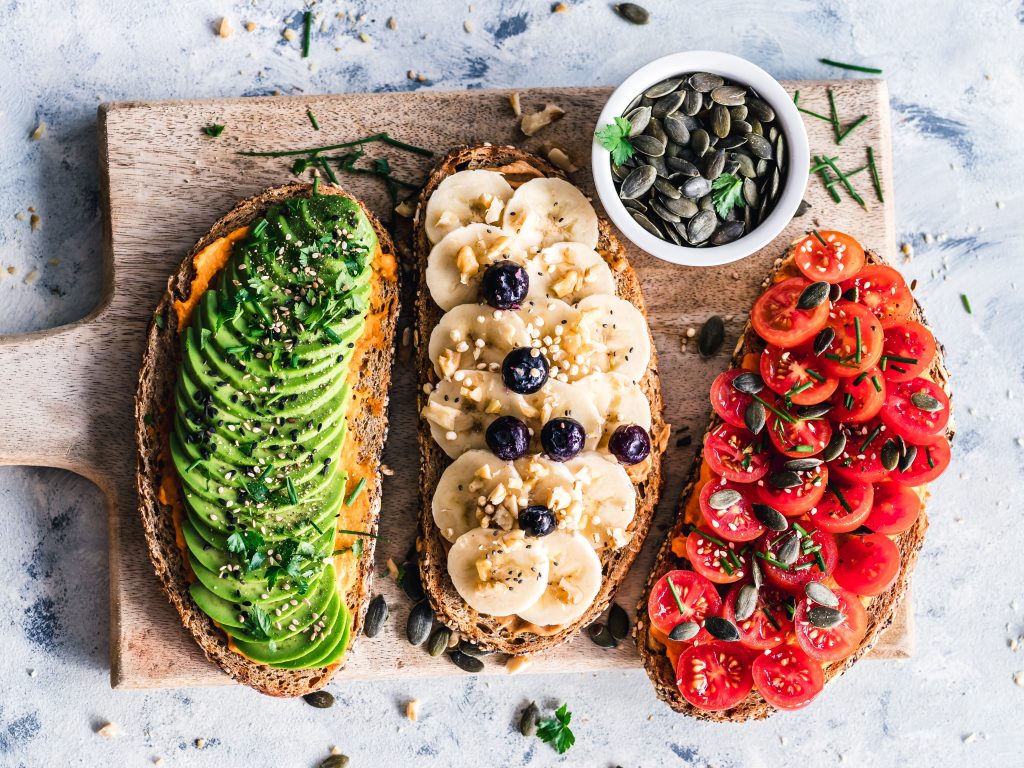
By choosing a plant-based diet and consuming plant-based foods like avocados instead of meat, eggs, and dairy products, you are saving hundreds of animals’ lives.
According to PETA, choosing a plant-based diet saves about a hundred animal lives a year.
A statement by PETA Executive Vice President Tracy Reiman, says that:
“Going vegan is about making kind choices that bring about positive change. Average shoppers can’t avoid produce that involved migratory beekeeping any more than they can avoid driving on asphalt, which has animal ingredients – but they can save nearly 200 animals’ lives every year by choosing plant-based foods instead of meat, eggs, and dairy ‘products.'”
What do you think of this debate? Share your thoughts with us in the comments below!



